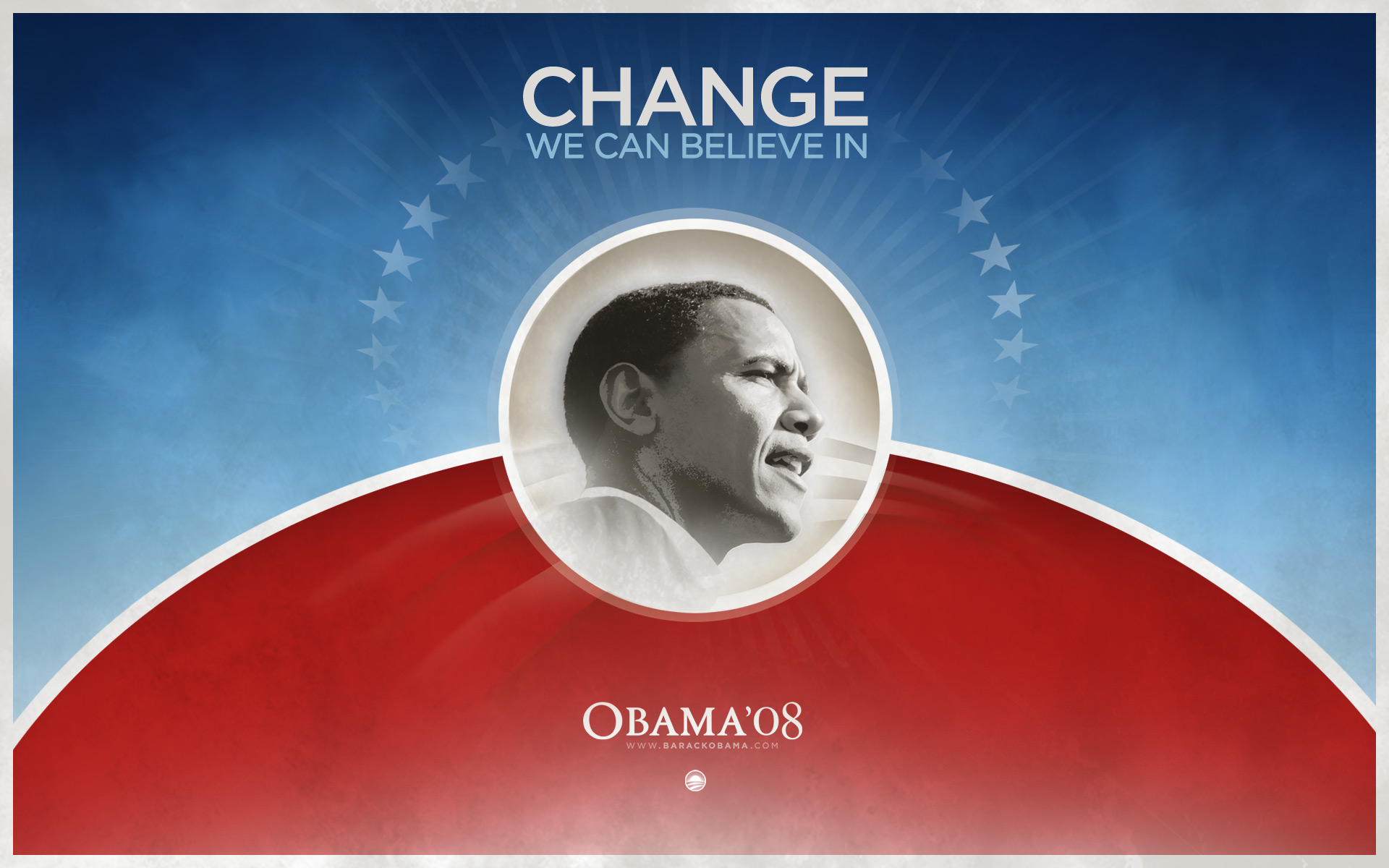Bruce Bartlett has suggested a revival of American liberalism was underway. For those used to reading its obituaries, this news came as a surprise. But Bartlett is not alone; some commentators at The Washington Spectator (here, here, here, and here) have pointed to strategies that would facilitate just such a development. Meanwhile, on a contrary note, Slate‘s Barry Friedman and Dahlia Lithwick have indicted progressivism for a spectacular failure on many fronts.
In contemporary American political discourse, these commentaries are situated alongside a conventional wisdom which holds that in our spaces of political change and action there has been a struggle for control of two spheres—the social-cultural, the fiscal-financial—and the results are out.
| Controlling the state is only achievable through a corrupt political process and through two well-entrenched parties. Given all this, how is change even possible? |
A rough consensus agrees—as the battle for gay marriage suggests—that progressive social and political change based on greater personal tolerance will continue, as will greater fiscal rectitude, conservatism, and austerity (thus continuing and entrenching the neoliberal agenda that Bill Clinton and the Democratic Leadership Council kicked off). These outcomes entail that progressive agendas will succeed if they do not require modifications to the financial and structural neoliberal agenda; where they do, they will meet the chopping block instead.
Matters, as always, are more complicated.
America’s gaping wound of race relations continues to fester; reproductive rights are still under attack; and many of the charges leveled against the progressive movement—its many failures—are unmistakably on target. Indeed, for all the constant chatter about how the Republican Party is on the ropes and possibly out for the count, it is not clear that its political agenda is.
There is a crucial problem with the idea that liberalism and progressivism are on the waxing, not waning, segment of political fortune. The U.S. is an electoral democracy where a great deal of substantive political change happens via the ballot box. What that means is that for all the separation of “progressive” from “Democrat,” the fortunes of liberalism are tied—barring radical political change—to the fortunes of the Democratic Party. This—the reliance on a particular electoral system and party—is, to understate matters considerably, a problem.
Thanks to the Electoral College, political power cannot be so easily gained by progressives and can rather easily be retained by the forces of reaction. Furthermore, thanks to the dismissal of the Voting Rights Act by a Supreme Court, vote suppression is likely to pick up steam. And of course, the U.S. Senate remains as anti-democratic an institution as it has ever been.
The point of all of this is that voters who are needed to ensure the Democratic Party remains in power—and advances, in fits and starts, a progressive agenda—will be locked away in enclaves where their votes can make no difference, and or will be simply prevented from voting. And even if the Democratic Party is in “power,” it will find its agenda blocked rather effortlessly by the opposition. This should all sound vaguely familiar to those who elected Barack Obama.
To make matters worse, if there is one thing most Americans are conservative about, it is tinkering with the U.S. Constitution and with the institutional machinery of political life; despite reams of scholarly commentary and informal analysis on the dysfunctionality of our constitution and electoral system, even minor change seems unlikely. At these moments, a curious American impulse to revere the established, to take pride even in its imperfections, takes center-stage. Indeed, with every passing year, the Founding Fathers’ halos take on an added sheen and the US Constitution appears ever more holy, ever more a revealed scripture.
Disillusionment with the old is not the American norm; it is an unremitting idolization. The system may be a son-of-a-bitch, but it’s our son-of-a-bitch, and we’re loath to cuff it around its ears. (The disdain directed at Occupy Wall Street is but the merest expression of this quiescence.)
If the Democratic Party is beholden to neoliberal agendas, if third-party candidatures continue to merely beguile but not be elected, and if even an in-power Democratic Party is handcuffed by the institutions of American politics, then how will the progressive agenda find expression?
Change outside traditional political channels appears an attractive option, and certainly many small yet important battles are waged outside of their narrow confines. Still, in American politics, despite the ascendancy and dominance of corporate entities, the state remains a powerful and rich player on the political battlefield, and indeed, might be the only force capable of resisting their juggernaut-like advance on the ramparts of American life.
But influencing and controlling the state and attenuating the trajectory of its actions and behavior is still only achievable through a corrupt and monopolistic political process and electoral machinery. Moreover, two well-entrenched parties—each dominated by their own imperatives for seizing power and retaining it—continue to control access to the state.
These then might be the most ironic challenges facing a revival of progressive liberalism in the U.S. today: the institutionalized perils of representative democracy.
Samir Chopra is a professor of philosophy at Brooklyn College. His most recent book is Brave New Pitch: The Evolution of Modern Cricket. He blogs at samirchopra.com.







0 Comments